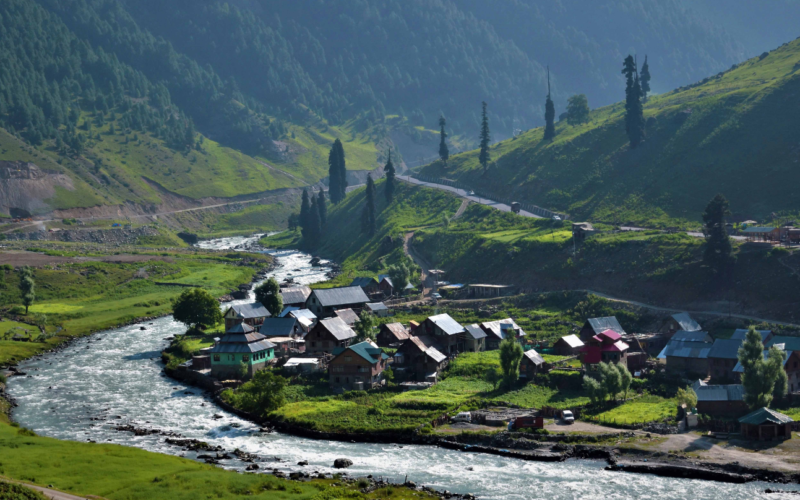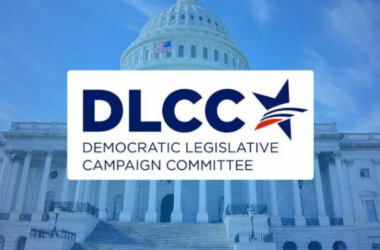In a landmark ruling, India’s Supreme Court has upheld the government’s decision to revoke the special status accorded to the region of Kashmir. This significant legal development marks a continuation of the ongoing debate surrounding the constitutional changes made in August, and it underscores the complexities and consequences of altering the region’s autonomy.
The decision to strip Kashmir of its special status, provided under Article 370 of the Indian Constitution, was a historic move announced by the Indian government in August. It redefined the relationship between the central government and the region, significantly altering the constitutional framework that had been in place for decades. The move was met with both support and criticism, both domestically and internationally.
The Supreme Court’s recent ruling, affirming the legality of the government’s decision, comes after months of legal challenges and deliberations. The court’s verdict has far-reaching implications, shaping the future trajectory of governance in Kashmir and influencing the broader discourse on autonomy, identity, and constitutional rights in the diverse nation of India.
Critics of the decision argue that revoking Kashmir’s special status undermines the region’s autonomy and violates the principles of federalism. The special provisions granted under Article 370 were seen by many as a safeguard for the unique cultural and political identity of Kashmir. The court’s endorsement of the government’s decision raises concerns about the potential impact on the region’s distinct character and the rights of its residents.
Proponents of the move, on the other hand, view it as a step towards greater integration and development for Kashmir. The government contends that removing the special status will pave the way for economic progress, increased investment, and improved governance in the region. The court’s validation of this stance reinforces the government’s authority to enact constitutional changes deemed in the national interest.
The ruling by India’s Supreme Court is emblematic of the broader challenges faced by nations seeking to balance regional autonomy with centralized governance. In the case of Kashmir, the historical context, geopolitical considerations, and the aspirations of the local population contribute to the intricate tapestry of issues that inform such decisions.
The international community has closely watched developments in Kashmir, given the region’s strategic importance and its history of political unrest. The Supreme Court’s endorsement of the government’s decision will likely prompt varied responses from the global stage, with nations and organizations expressing divergent perspectives on the legal, political, and humanitarian implications of the ruling.
As India grapples with the aftermath of this legal verdict, attention turns to the implementation of the decision and its impact on the ground. Ensuring stability, addressing concerns, and fostering an inclusive dialogue will be crucial in charting a path forward for Kashmir that aligns with the principles of justice, human rights, and democratic governance.
In conclusion, India’s Supreme Court’s affirmation of the decision to strip Kashmir of its special status is a watershed moment with profound implications for the region’s political landscape. The ruling reflects the intricate interplay of legal, political, and social dynamics, and it sets the stage for further discussions on the delicate balance between autonomy and central authority in diverse nations. The ramifications of this decision will continue to reverberate within India and echo across the international community, shaping perceptions of governance, identity, and constitutional rights.








